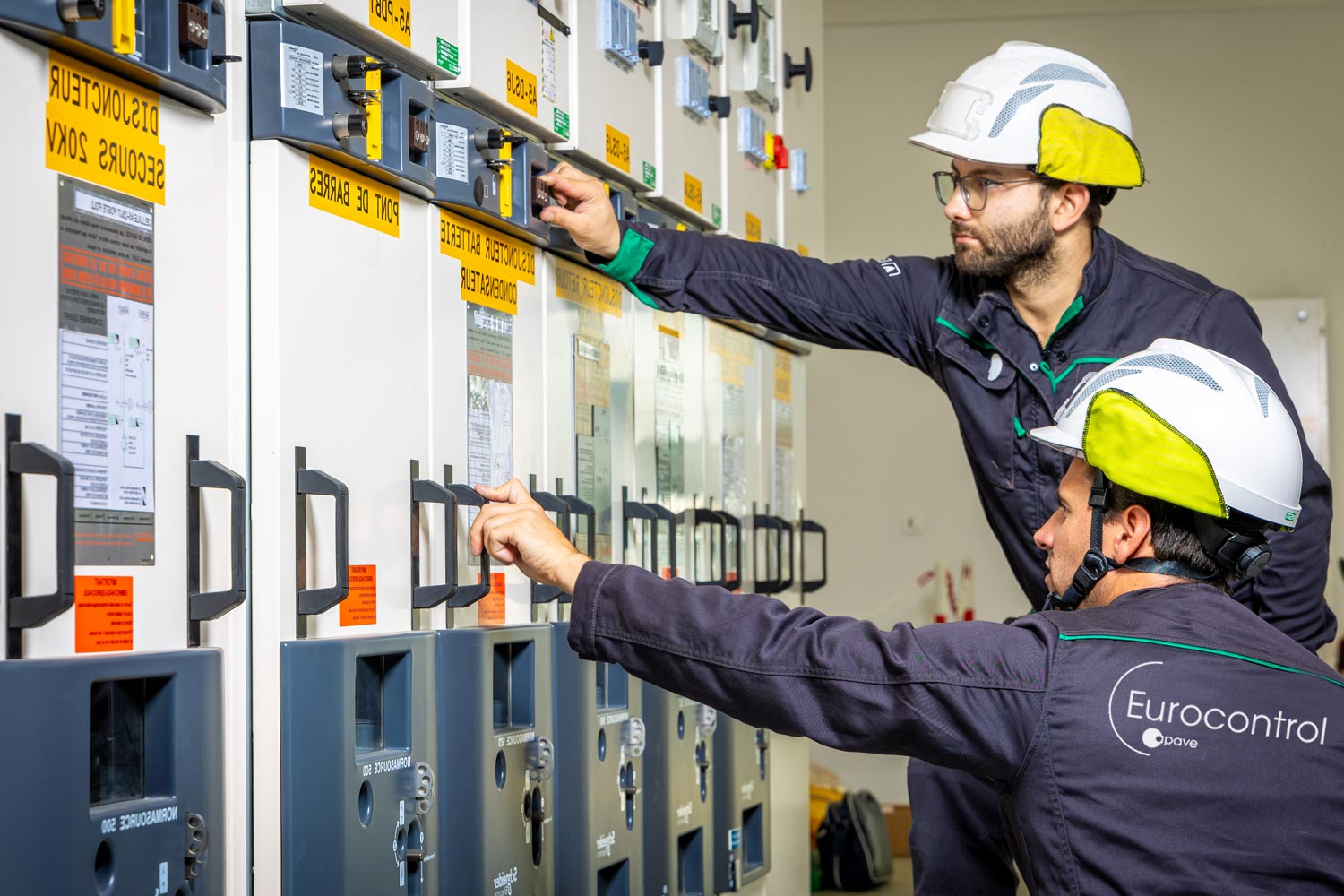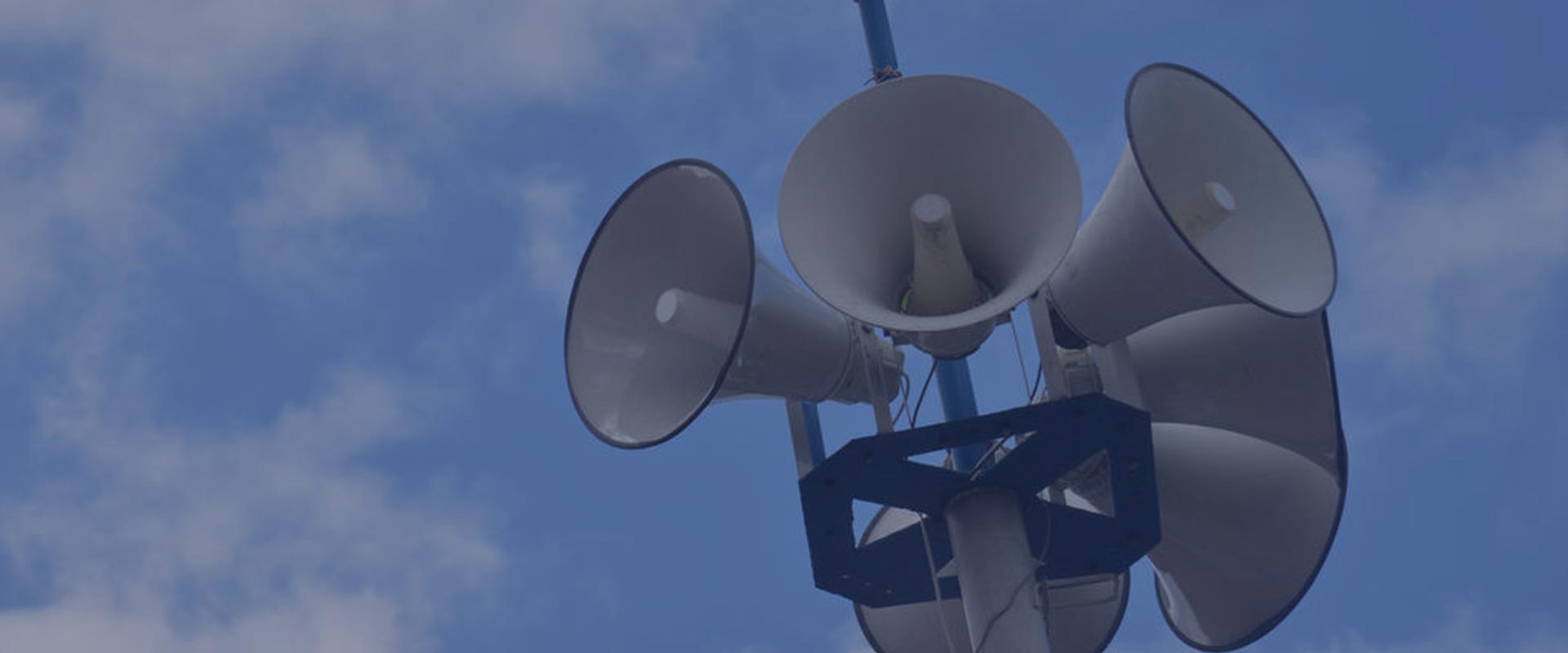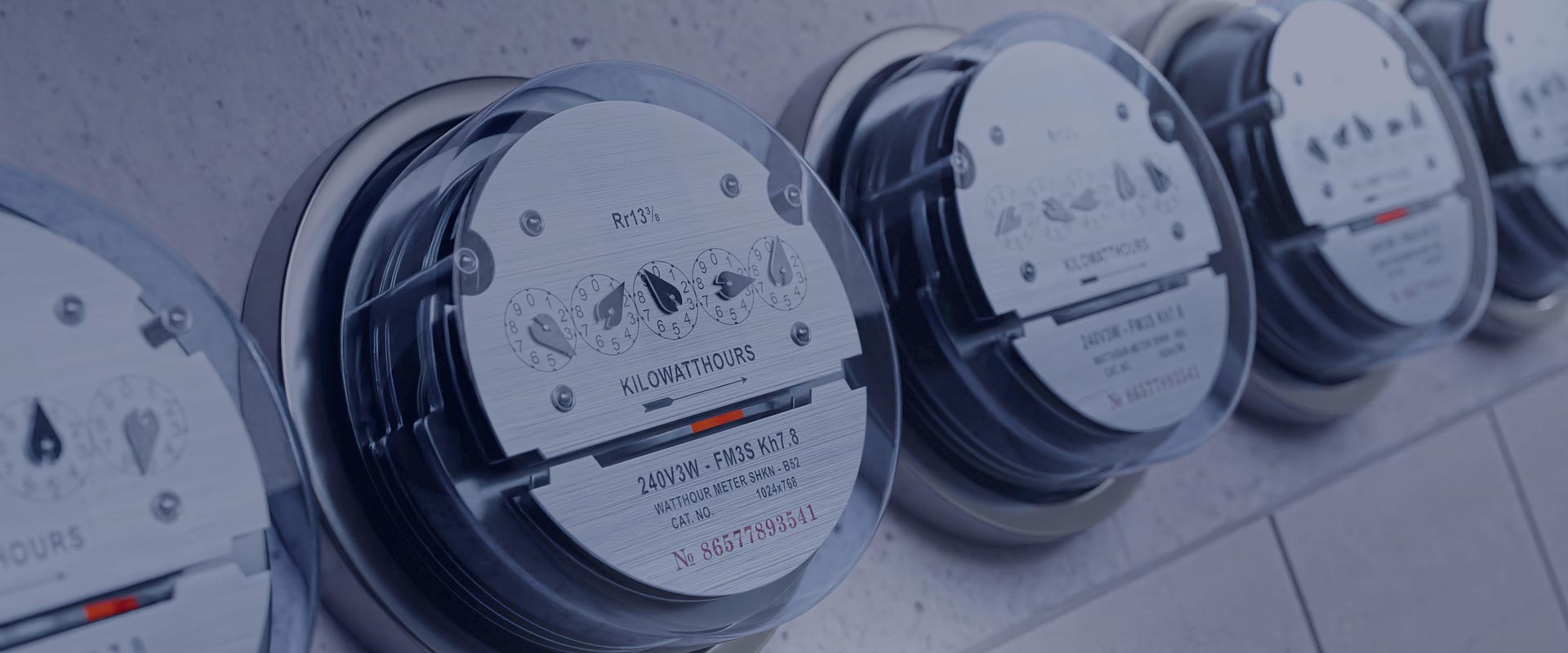Descubre
Eurocontrol
Nuestro trabajo es permitir que nuestros clientes ejerzan el suyo con seguridad.
Eurocontrol es una filial del Grupo Apave, especializado en la gestión de riesgos desde hace más de 150 años. Nuestra misión principal es realizar controles para mejorar la calidad y la seguridad industrial y garantizar que las actividades se realicen de acuerdo con las especificaciones y códigos contractuales y la normativa nacional e internacional pertinente. Nuestra actividad se rige por los principios básicos de independencia, imparcialidad y confidencialidad a través de nuestras 5 líneas de negocio :
- Inspección y verificación de instalaciones
- Pruebas y mediciones
- Auditoría
- Consultoría y asesoramiento técnico
- Formación
No dudes en ponerte en contacto con nosotros : info@eurocontrol.es

Nuestro Grupo en vídeo






Unas palabras de
la Dirección
En un mundo en constante evolución, cada vez más internacional y comprometido, adaptarse a los cambios y garantizar la seguridad de personas, bienes y medio ambiente es cada vez más necesario. En Eurocontrol acompañamos a nuestros clientes en su día a día y les ayudamos a controlar sus riesgos para que puedan desarrollar su trabajo con seguridad, protegiendo lo más valioso para ellos: sus empleados, clientes y activos.
Somos tu socio de confianza para un mundo más seguro y sostenible, al servicio de un progreso compartido.






